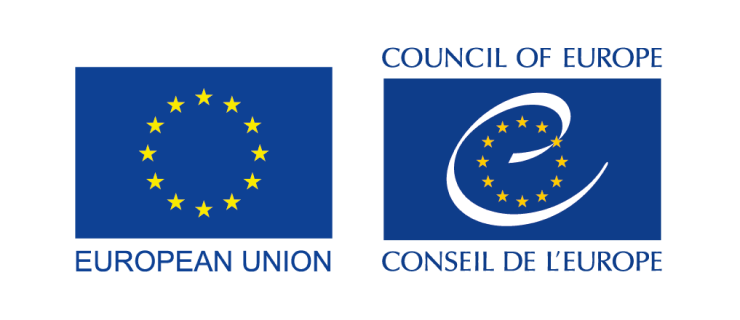Via HISTOLAB, the Council of Europe and the European Union has developed a toolkit to identify and then debunk fake news in history classes in cooperation with the DICSO research group (University of Murcia, Spain). This toolkit consists of 11 learning-activities that aim to develop competences in the treatment of historical information, in the recognition of fake news and hate speech from history. To evaluate the effectiveness of these learning-activities, and the toolkit overall, a teacher training course was designed so that teachers can implement the activities in their own classrooms.
Download here the HISTOLAB Toolkit for History Classes: Debunking Fake News and Fostering Critical Thinking
Over the past two decades, the use of the internet and social media has enabled wider and faster access to information around the world. In doing so, however, it has also opened the door to misinformation, manipulation, fake news and political propaganda. Every industry, institution and individual person has had to adapt to this influx of unreliable information, and many organisations have begun to adopt new policies and issue recommendations on how to manage this new way of life. The publication Toolkit for history classes – Debunking fake news and fostering critical thinking is a co-ordinated response by the European Union and Council of Europe to this phenomenon. The toolkit is a resource for history teachers to help their students learn how to deconstruct and question fake news through historical sources and topics that relate the past to the present. The toolkit aligns with the values and priorities of the European Union and Council of Europe, as both institutions have worked for many years to draw attention to the dangers caused by disinformation and the manipulation of history. The toolkit was designed for teachers to show students not only how to recognise fake news when they see it, but also understand why it was created and become aware of the minority communities who are most often the target of this manipulated information.
The finalised subjects and titles of each of the 11 activities are as follows:
- The debate on the role of Spain in the transatlantic slave trade
- War propaganda: the sinking of the Maine, 1898
- Spanish flu or 1918 flu? Information under the influence of the war effort.
- Wartime propaganda: the German Corpse Factories during the First World War (1914-1918)
- Boycott of the 1936 Olympic Games
- Fake news about refugees: the reception of republican exiles in France in February 1939
- Fake news about the suffragette movement
- The role of disinformation in the consolidation of totalitarian states: the Soviet Union under Stalin
- Memory and history of the Holocaust: Evidence and denial
- The Roma Holocaust
- The use of disinformation against migrants during the UK referendum on leaving the EU (Brexit)
Education in democratic values in history lessons, the capacity to evaluate the reliability of sources, and the training of teachers and students to recognise sources or narratives that have been manipulated are the three axes that make up this toolkit of activities with the goal of learning how to debunk fake news and hate speech through history.
For more on the purpose of the toolkit, check out this article written by our expert group.
Also, feel free to read our press release.

